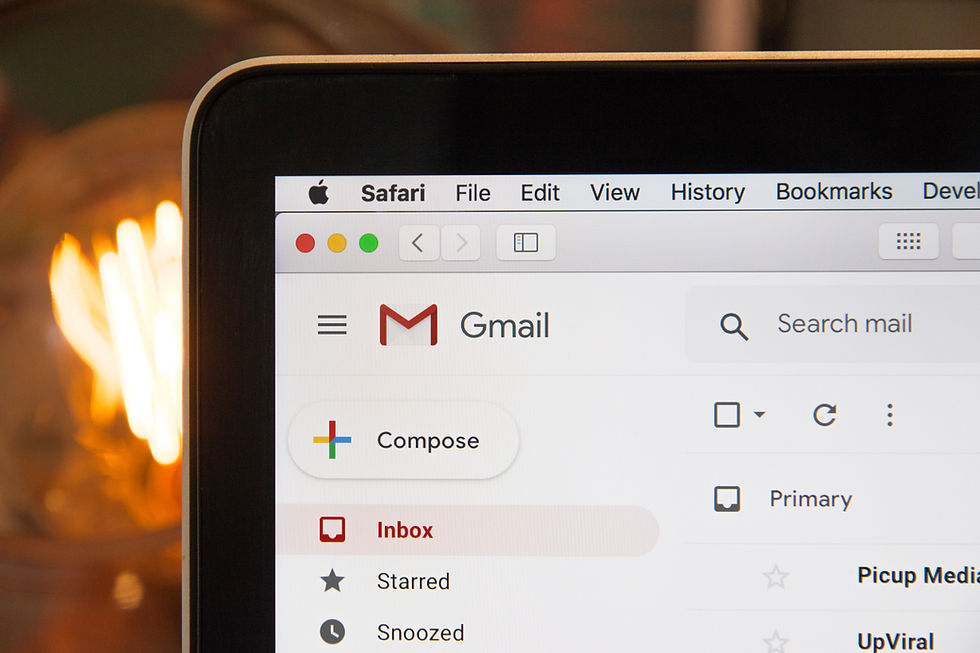5 Steps to Take in Managing Your Brand’s Social Media During a Crisis
- Melanie Hardcastle

- Jul 7, 2020
- 3 min read

You’re a brand with a social presence, posting regularly, providing valuable content and engaging with your followers — go you! But then, a national or international crisis hits, and all of a sudden the self-promotional posts you have planned seem irrelevant or just plain insensitive. Sound familiar? I’ve been there with many brands, whether it’s a global health pandemic or a civil movement that’s in every headline. You want to do the right thing but don’t know where to start, so panic sets in. Take a breath, and let’s tackle this together.
1. Press pause. The first thing you should do is pause all of your upcoming posts while you learn more about the unfolding crisis and formulate a plan of action. Marketing automation is an amazing tool that should be used, but this isn’t the time you want your auto-scheduled post to go live because you forgot to hit the brakes. If you use a scheduling tool, many have the option to pause all your queues, so you don’t lose the content you worked hard to create, but can save it for later or tweak as needed.
2. Do your research. Read articles from reputable sources (aka not your aunt who regularly shares fake news on Facebook), listen to podcasts you trust and really dig into what’s going on. This will make you more informed in general, but also help you feel more confident in your decisions going forward. 3. Ask “how can I help?”. What are your followers struggling with right now? If you have access to free or low-cost resources (not your own, remember we aren’t self promoting right now), you can share them on your channels. Or simply offer to lend a listening ear or your help, whatever that may be, to those who need it. If the crisis has economic repercussions, consider offering payment plans to current clients. If you have a space that can be used in a safe way to help those who need it, offer it to them. It’s easy to forget that real people are behind brands, and this is an opportunity to show that you’re paying attention and care.
4. Get a second and third opinion. Before posting anything, even the ideas listed above, ask a trusted colleague, mentor or friend in the industry to listen to your ideas or read your posts. In a crisis, things unfold quickly and you may feel pressured to respond right away. You’ll never regret getting a fresh perspective on what you’re thinking of doing, but you may regret posting something impulsively.
5. Move forward, slowly. When you’re ready, hit publish on your first post(s). Pay close attention to how people are responding and engaging with it and evaluate from there. This will inform how you proceed with future posts and help you understand what is or isn’t helpful to your audience at this time.
Social media carries inherent risks in the best of times, but in a crisis it can make you feel paralyzed. Use the above steps, trust your gut and don’t rush yourself. People will remember how the brands they follow and trust responded in times of crisis more than they do in the regular day-to-day. It's the negativity bias -- we're hardwired that way. You don’t want to exploit a difficult situation, but you can continue to build trust with your audience, show your authenticity as a brand and learn from the experience.
If this is something you’re struggling with, you know where to find me. You’ve got this!



Komentáře